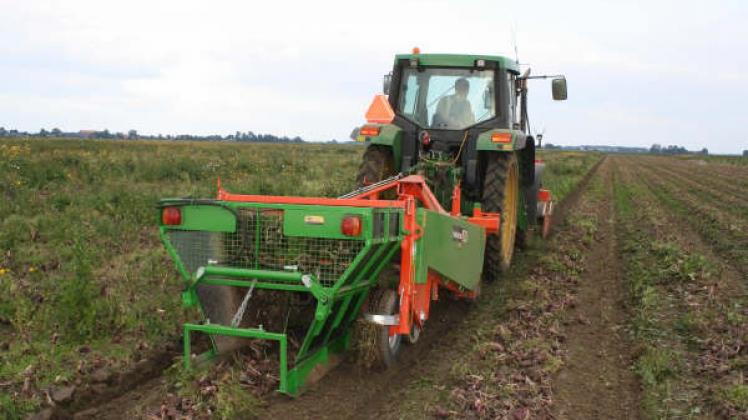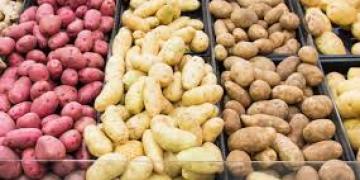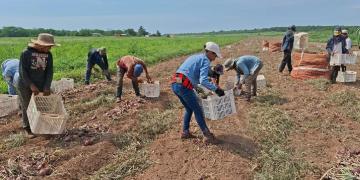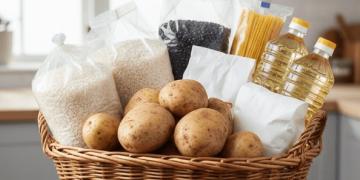Canadá: Bruise-resistant potato could cut food waste
Innate potatoes, which are less susceptible to bruising and browning than regular potato varieties, received Canadian government approval in March.

They were developed by J. R. Simplot in Idaho by combining genes from wild and cultivated potato varieties with commercial potatoes. In addition to being bruise-resistant, they also will not brown for several days after being cut, unlike conventional varieties.
Potatoes are naturally susceptible to black spot bruises from impacts and pressure during harvest and storage. When bruised, potato flesh turns into unsightly black spots making the spuds unappealing to shoppers.
Currently, between 20 to 40 per cent of Canada’s fresh potatoes don’t make it to market because they’re bruised. At processing, potatoes with bruised areas are sorted out using high tech equipment.
This means less food waste and lower costs, says a Manitoba potato grower.
“All of the technology to detect and remove bruised potatoes is very expensive and reduces yield on the crop, so a bruise-resistant potato will have significant savings for the processing industry, as well as enhanced profits for farmers,” explains Keith Kuhl, CEO of Southern Potato Co.
Using the same approach, Simplot is now working on developing potato varieties that are more resistant to common potato diseases like blight and that need less water, allowing them to be grown in more drought-prone areas. This has benefits to farmers, consumers and the environment alike, according to Kuhl.
“We can use these genetics to reduce pesticide use by enhancing resistance to blight,” says Kuhl, adding that the potential for pest resistance means that land with nematode problems can be used to grow potatoes in the future.
Fuente: http://www.freshplaza.com/article/163469/Bruise-resistant-potato-could-cut-food-waste




